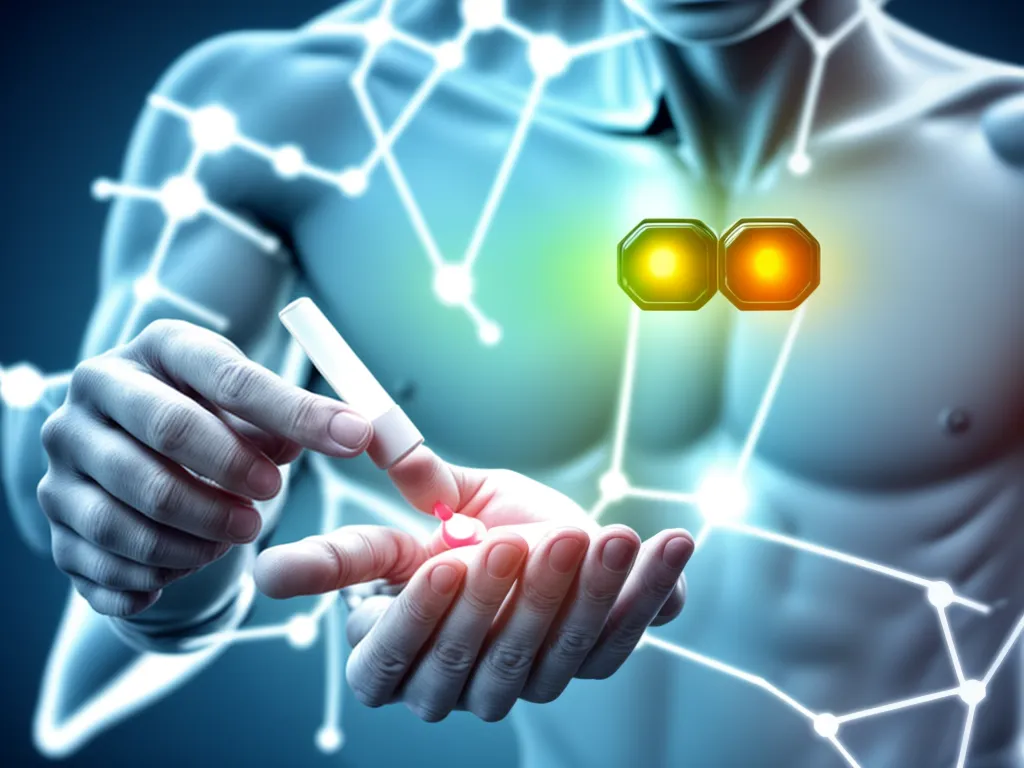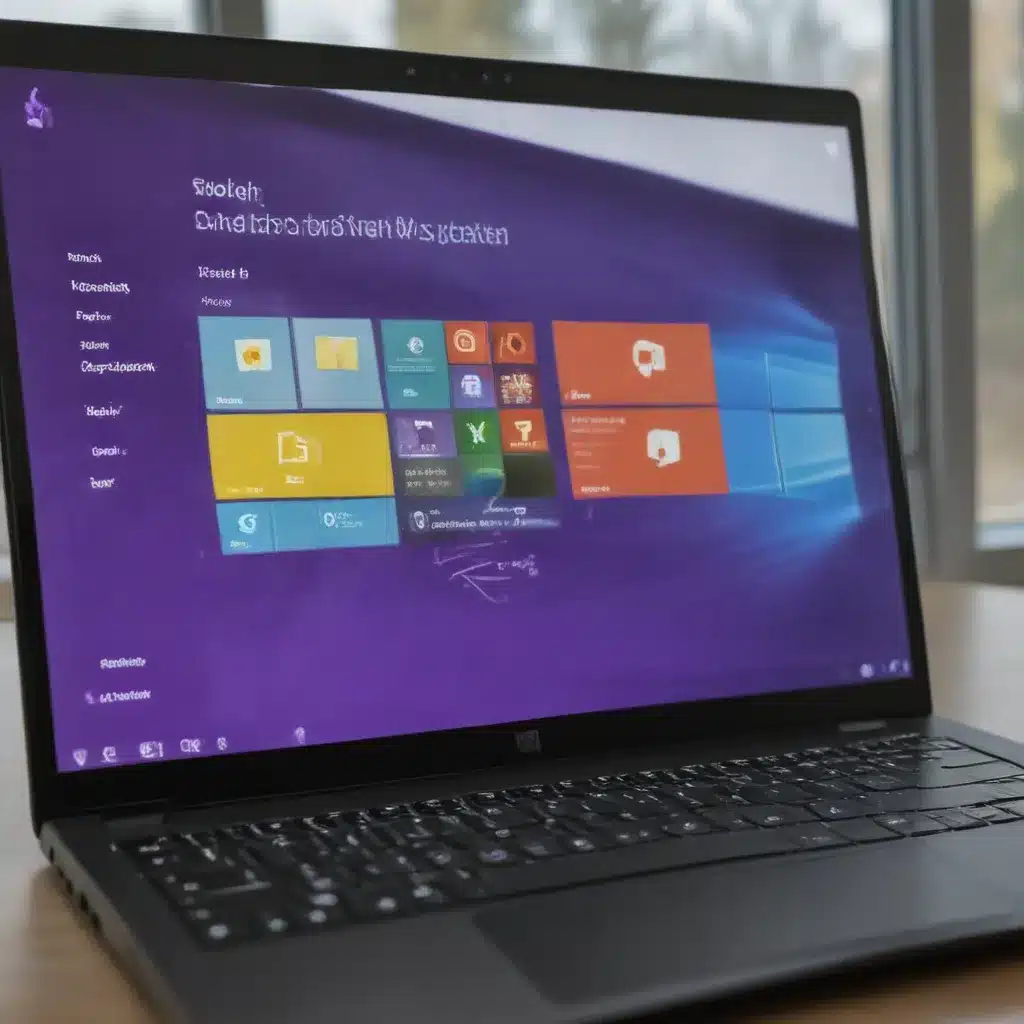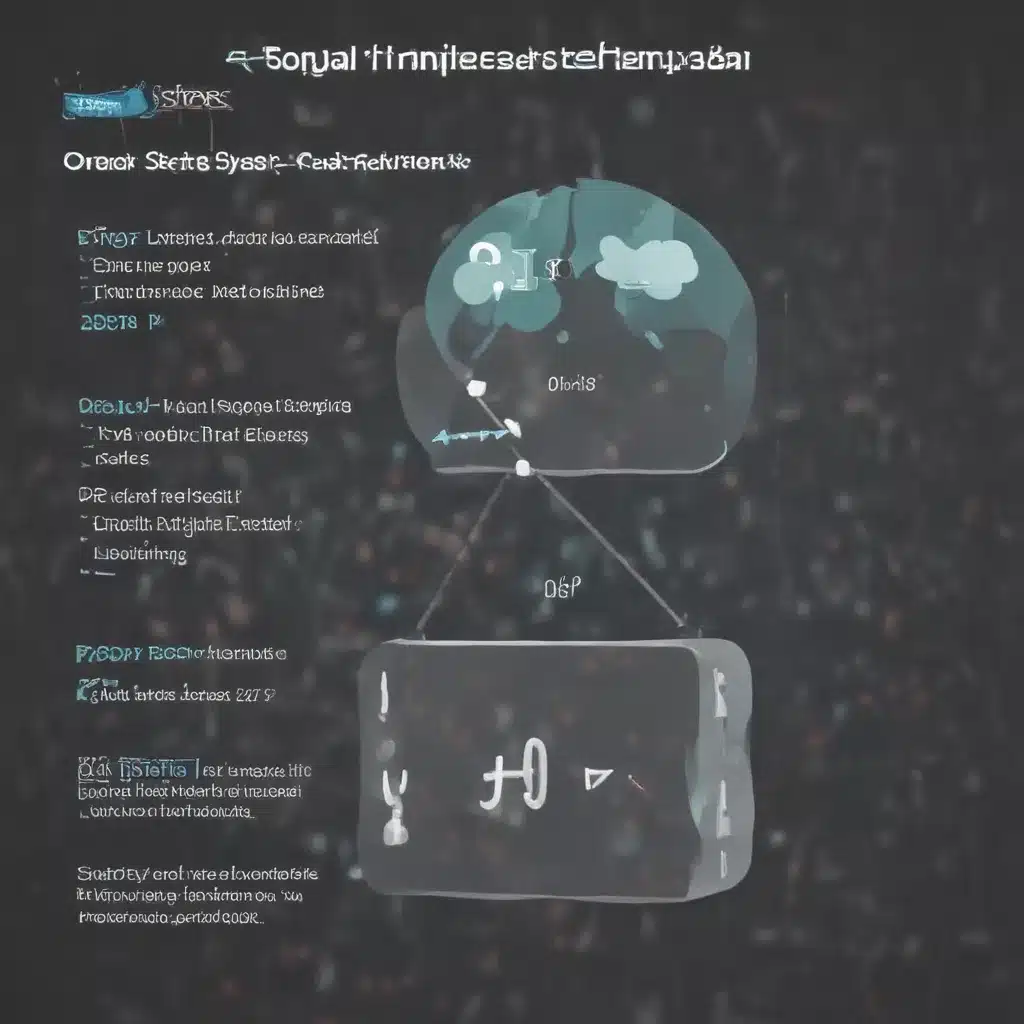What are Nootropics and Smart Drugs?
Nootropics, also known as smart drugs, are substances that claim to improve mental functions like memory, creativity, motivation and attention. Nootropics include both synthetic and natural compounds like caffeine, L-theanine, creatine, and modafinil. The concept behind nootropics is to take them to enhance your cognitive abilities and give you an edge.
The term “nootropic” was coined in 1972 by a Romanian psychologist and chemist, Corneliu E. Giurgea. He defined nootropics as substances that enhance learning and memory, whilst being protective of the brain with very few side effects.
The Rising Popularity of Nootropics
The use of nootropics and smart drugs has increased in popularity over the recent years, especially among students and executives looking to boost productivity. The nootropics market was valued at around $3.4 billion in 2020 and is projected to reach $10.75 billion by 2028.
Several factors have driven the growth of nootropics:
-
Increasing competition – There is more pressure on students and professionals to perform and outshine others. Using nootropics provides a competitive edge.
-
Productivity culture – We live in a productivity obsessed culture. Nootropics align with the ideals of getting more done in less time.
-
Biohacking culture – Biohacking focuses on enhancing your biology through science and technology. The transhumanist movement has made nootropics appealing.
-
Media hype – Increased media coverage portraying nootropics as “miracle pills” has boosted interest. Movies like Limitless also fuel fascination.
Perceived Cognitive Benefits of Nootropics
There are several perceived mental benefits that drive people to use nootropics:
-
Improved memory – Boosting memorization, recollection and synaptic plasticity.
-
Enhanced learning – Increased ability to process and retain information.
-
Focus and concentration – More control over focus, with increased motivation.
-
Increased IQ – Heightened reasoning, verbal and non-verbal intelligence.
-
Creativity – Augmented ability to think of innovative or divergent ideas.
-
Reduced anxiety – Lessened anxiety, improved mood and lower stress.
-
Brain protection – Shielding the brain against toxicity and age related cognitive decline.
However, the research is still limited on the cognitive benefits of certain nootropics. More robust, controlled studies are needed to verify many of the claims.
Types of Nootropics and Smart Drugs
There are several classes of nootropics, including:
Racetams
- Racetams like piracetam, aniracetam, oxiracetam, phenylpiracetam and pramiracetam are among the most common nootropics.
- They are thought to influence acetylcholine and glutamate receptors in the brain and increase blood flow.
- Racetams are primarily used for their effects on memory, learning and focus.
Ampakines
- Ampakines like sunifiram work by modifying glutamate receptors and amplifying communication between neurons.
- They are purported to enhance memory, alertness and concentration.
Choline Sources
- Choline is an essential nutrient and precursor for acetylcholine, a key neurotransmitter for memory and cognition.
- Choline sources like citicoline and alpha-GPC are taken to raise acetylcholine levels.
Natural Nootropics
- Natural nootropics include herbal extracts like Bacopa monnieri, ginseng, Rhodiola rosea and ginkgo biloba that are thought to boost memory, focus and brain health.
Peptides
- Semax and selank are synthetic nootropic peptides that may improve learning capacity, attention span, memory and mood.
Others
-
Modafinil – A potent stimulant regarded as the closest thing to limitless pill in real life. Used off-label to boost productivity.
-
L-Theanine – An amino acid that works synergistically with caffeine. Thought to improve attention and work performance.
-
Caffeine – The most widely consumed psychoactive substance. Improves alertness, energy and focus in low to moderate doses.
Potential Side Effects and Safety Concerns
Despite the hype, nootropics do come with risks and undesirable effects:
- Headaches, nausea, gastrointestinal issues are commonly reported side effects.
- Racetams can cause anxiety, restlessness and insomnia in some.
- Overstimulation, jitteriness and crashes can occur from synthetics like modafinil.
- Some compounds have been linked to toxicity issues at high doses.
- Little is known about the long term safety of various nootropics.
- Purity and quality control are concerns with supplements. There is risk of contamination.
- Nootropics could interact with medications a person is taking.
- Abuse potential – There are risks of psychological dependence and addiction.
It’s important to exercise caution with nootropics. Always start low and slow, follow dosage guidelines and consult a doctor if unsure. Moderation is key.
The Reality: Are the Benefits Overhyped?
The cognitive benefits of nootropics may be overstated. Many of the dramatic claims are not backed by solid evidence. Here are some key realities to consider:
- Results vary greatly between individuals due to factors like genetics, tolerance, dosage and lifestyle.
- Most effects are subtle, like a slight improvement in memory or focus. Miraculous effects are unrealistic.
- Benefits manifest only with regular, continued use rather than single doses.
- Healthy adults are unlikely to experience huge cognitive boosts from using nootropics. Benefits are seen mainly in those with impairments.
- Supplements work best when combined with healthy lifestyle practices like good sleep, exercise and a balanced diet. There are no shortcuts.
- More research is needed on nootropics. Lack of regulation means quality control is inconsistent.
- side effects can undermine benefits. Moderate microdosing may be a smarter long term strategy.
Conclusion
In summary, nootropics represent an interesting area of research and some compounds do appear to provide cognitive enhancing effects. However, benefits are often overstated, while risks tend to get minimized. As “smart drugs” continue to grow in popularity, more evidence is needed to help guide responsible use. Moderation and managing expectations will be key to harnessing the potential upsides of nootropics.













